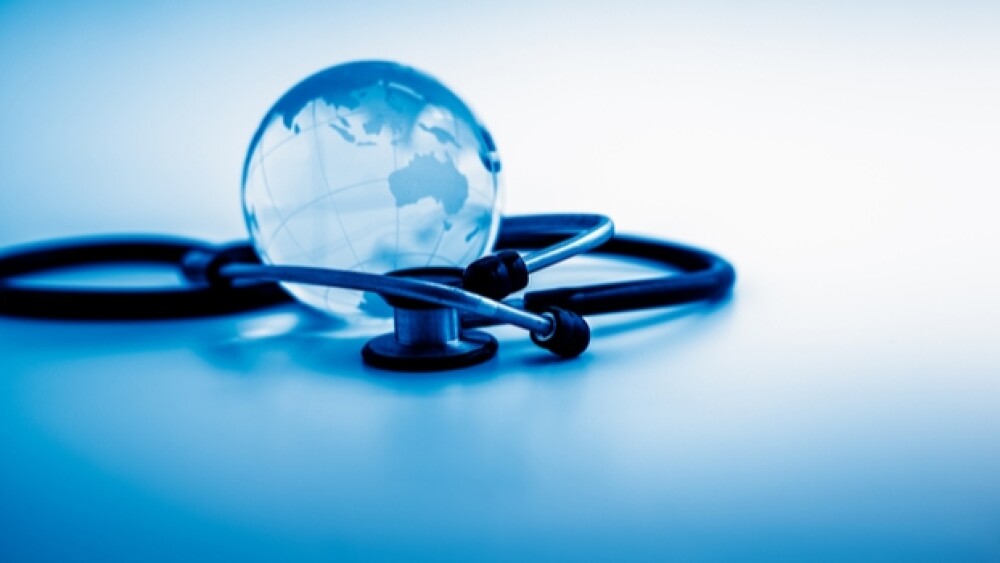The new AI for Health initiative will focus on three key areas – discovery, global health insights and health equity, a goal to improve access to healthcare across the world.
Over the past few years, Microsoft Corporation has been making inroads into the pharmaceutical space, including an artificial intelligence (AI) partnership with Swiss pharma giant Novartis to boost drug discovery. Now, the tech giant is launching its own five-year AI program to address tough healthcare challenges.
Microsoft announced AI for Health, a new $40 million program, which is part of the AI for Good initiative that will leverage AI technology to “empower researchers and organizations addressing some of the world’s toughest challenges in health.” The new AI for Health initiative will focus on three key areas – discovery, global health insights and health equity, a goal to improve access to healthcare across the world.
Brad Smith, Microsoft’s president, said artificial intelligence has the potential to solve some of life’s greatest challenges, including improving health across the globe.
“We know that putting this powerful technology into the hands of experts tackling this problem can accelerate new solutions and improve access for underserved populations. That’s why we created AI for Health,” Smith said in a statement.
Smith went on to note that AI is a significant tool that can be harnessed to reshape the manner in which healthcare is seen and addressed. AI represents one of technology’s most important priorities, and healthcare is perhaps AI’s most urgent application, he said. But, despite the inroads being made with AI across the healthcare and life sciences industries, less than 5% of the world’s AI professionals today work in health and nonprofit organizations, Smith said.
“It is crucial to provide these mission-driven researchers with the tools they need to accelerate and expand their work,” Smith said in a statement.
Microsoft said its AI efforts will build on existing collaborations it has with organizations, like Novartis or Nuance Communications, Inc., to solve pressing issues such as “discovering the cause of Sudden Infant Death Syndrome (SIDS), eliminating leprosy, detecting diabetic retinopathy to prevent blindness, and building an ecosystem that allows safe and secure sharing of biomedical data.” Novartis launched its Novartis AI innovation lab following its partnership with Microsoft. The company said it will use its datasets and Microsoft’s AI solutions, to create new AI models and applications that can augment their discovery and development capabilities.
Another group working with Microsoft is the venerable Fred Hutchison Cancer Research Center. Raphael Gottardo, the scientific director of the Translational Data Science Integrated Research Center at Fred Hutchison, said the notion of “unlocking and sharing data” is critical to addressing health concerns across the globe.
“Working in close collaboration with Microsoft, we will be able to harness new advances in AI, machine learning and cloud computing to spur innovation and open up new avenues for preventing and treating cancer and related diseases,” Gottardo said in a statement.
Another of Microsoft’s partners, Intelligent Retinal Imaging Systems (IRIS), focuses on vision loss, including the loss of vision-related to diabetes. Sunil Gupta, founder and chief medical officer of IRIS, said 95% of vision loss is preventable due to modern therapies such as the diabetic retinal exam. Through the use of AI, IRIS believes its diagnostic software can be boosted in order to reach underserved communities and help end preventable blindness.





